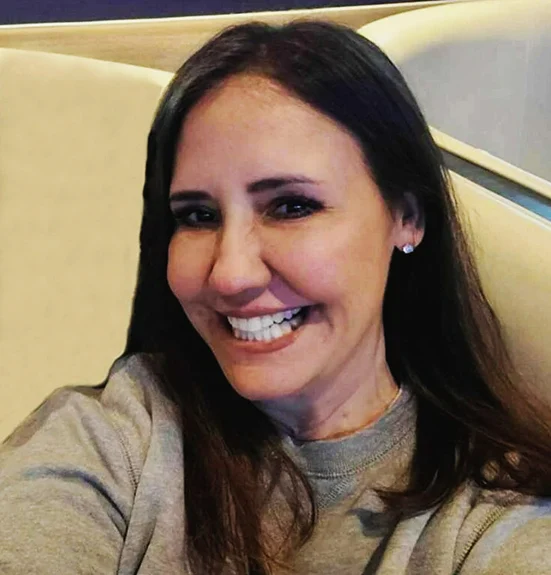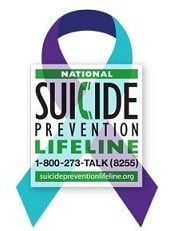We often hear the term codependency in relation to those who interact with people who have alcohol or drug addictions. Certainly, this type of behavior can be seen in those environments. However, codependency is found in all manner of settings. It’s really a behavior—a destructive one—that we aim at ourselves, resulting in a demeaning of our own self-worth. It is not always evident to the person afflicted, but it can be treated with professional help.
How can codependency be identified? Look at the following list of 12 characteristics:
- Overly fearful and anxious (in an unhealthy way) over how people perceive us
- Being loyal to someone, even if our loyalty ends up causing us personal harm
- Keeping family problems within the family and never discussing them to outsiders, as though they are an embarrassment or “that thing” we never talk about
- Not allowing anyone to help because that is a sign of weakness
- Tendencies to perfectionism in such a way that NOTHING we do is EVER good enough. We harshly judge ourselves constantly and find ourselves tremendously lacking.
- Allowing our own self-esteem to be shaped by outside influences, good or bad.
- Changing/moving our values in an attempt to be thought well-of by others.
- Putting other people’s needs and desires before ours, because we need to be needed to find purpose in our life.
- Difficulty making decisions regarding our own wants and needs.
- Expressing our true feelings is difficult and our evaluation of our emotions is distorted.
- Making ourselves responsible for how others feel and behave (this is often seen in interaction with addicts).
- Difficulty developing close relationships due to fear of being rejected.
Constantly assailing yourself with such thought processes and such negative reinforcement is unhealthy, so if you see yourself or someone you care about in this predicament, please urge them to seek counseling. Your self-esteem is the root of who you are, so it must be healthy for you to live a full life, rich in relationships and positive experiences. Don’t be afraid to reach out to Tracy Crain. It can be the beginning of new and happy life.






